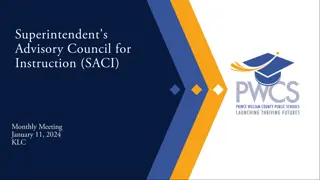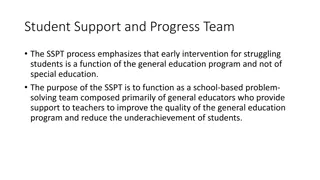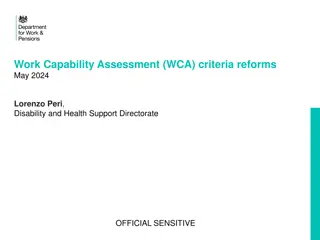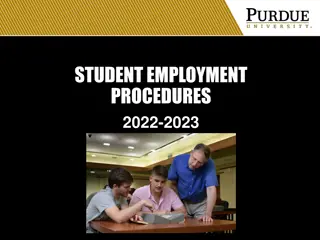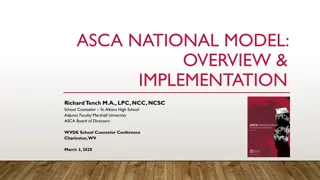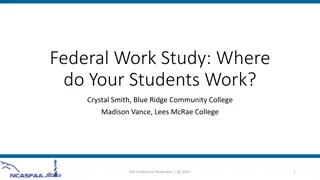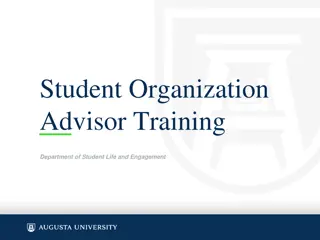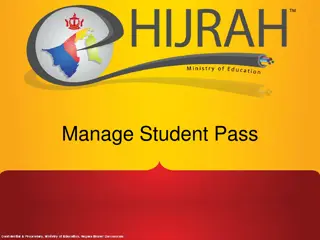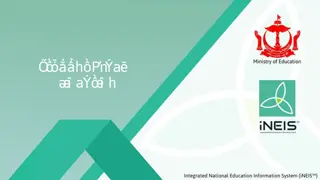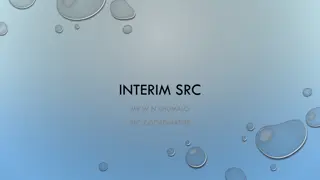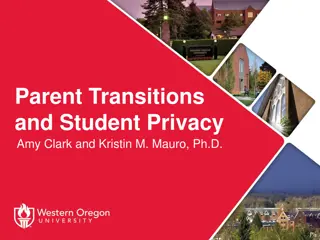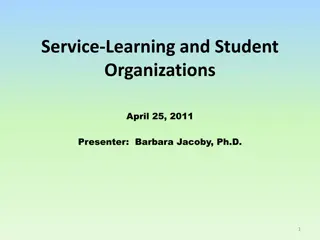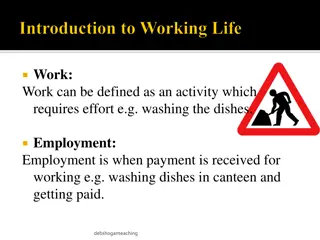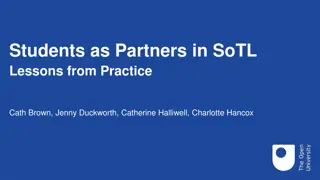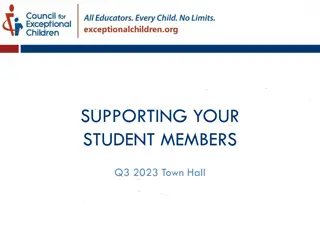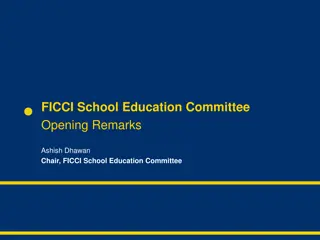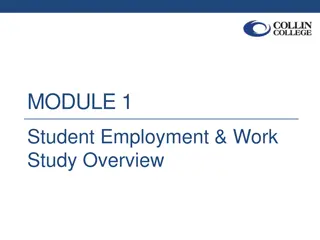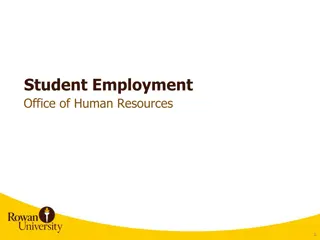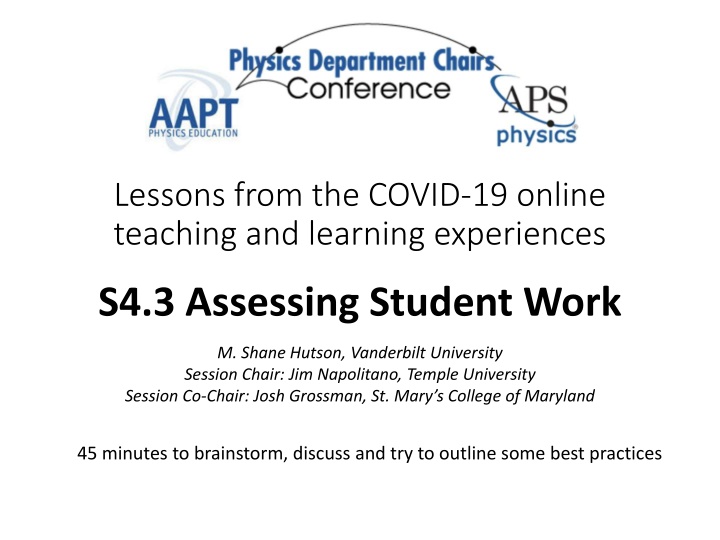
Balancing Exam Integrity and Student Privacy in Online Learning
Explore the challenges and best practices for assessing student work in online teaching, focusing on issues like online proctoring, cheating, and maintaining privacy. Learn about experiences with tools like Chegg and strategies used to uphold academic integrity while respecting student privacy.
Download Presentation

Please find below an Image/Link to download the presentation.
The content on the website is provided AS IS for your information and personal use only. It may not be sold, licensed, or shared on other websites without obtaining consent from the author. If you encounter any issues during the download, it is possible that the publisher has removed the file from their server.
You are allowed to download the files provided on this website for personal or commercial use, subject to the condition that they are used lawfully. All files are the property of their respective owners.
The content on the website is provided AS IS for your information and personal use only. It may not be sold, licensed, or shared on other websites without obtaining consent from the author.
E N D
Presentation Transcript
Lessons from the COVID-19 online teaching and learning experiences S4.3 Assessing Student Work M. Shane Hutson, Vanderbilt University Session Chair: Jim Napolitano, Temple University Session Co-Chair: Josh Grossman, St. Mary s College of Maryland 45 minutes to brainstorm, discuss and try to outline some best practices
Email thread subject lines on Midwest Chairs listserv Privacy and Online Proctoring Online teaching and exams Online exams- how to combat cheating? exam cheating (a long discussion about Chegg); Chegg and the like Some concerns that came up in these threads Quality of student internet access Sense that online cheating was pretty rampant Unauthorized use of book, notes, online resources Students communicating with one another $@!*ing Chegg and its ilk! Some online proctoring tools Proctorio (with Canvas) Examity Respondus Honorlock But online proctoring feels like an invasion of privacy ; a little big- Brotherish; fear that stress of having someone closely watching will cause worse exam performance So, how do we balance exam integrity with student privacy and equitable treatment of all students? And how do we do all that while maintaining a reasonable faculty/TA workload?
Chegg and its ilk One of our faculty identified a student who posted to Chegg because the numbers in the posted problem matched the unique numbers in their particular exam. Seems like there were many similar cases elsewhere. At the bottom of Chegg s website under Honor Code If you have concerns that students may be using our products inappropriately, Chegg is here to work with you and address your concerns. We will cooperate with any official investigation by an academic instruction. To open an official Honor Code investigation in conjunction with an academic investigation, the request must come directly from the office of the dean or the body in charge of handling matters of academic investigation at the university. Many Chairs would like Universities to jointly go after Chegg, but would likely be a game of whack-a-mole with replacement sites filling their niche
Our approach (almost certainly still some cheating, but as good as we could do for the sudden change mid-semester): used Brightspace/D2L - learning management system our students were used to (just a competitor to Blackboard) multiple choice, true/false and short answer questions that can be (almost) auto-graded plus upload links for students to post pictures of their written out work for longer problems made exam available for a 24-hr (or longer) window, but with a time-limit that requires a student to finish within 2 hrs of starting (FYI online exams seemed to take students about 1.5x longer than a similar in-class exam; some evidence that one student may take exam early to relay info to another student taking it late) were not comfortable using any sort of invasive monitoring, so we wrote exams to be taken open-book / open note to use random number selections for the problems to be completed within a set time limit (our time limit may have been too long, others have noted that answers could appear on Chegg in ~30 min) emphasized our honor code, including an explicit exam question on which the students had to attest that they had not given or received unauthorized aid
Best Practices? Brainstorm, then Discuss Webcam-based monitoring Open-book / open-note design Randomized and unique numbers for each student Time limits Replace exams with more and shorter quizzes Include some show-your-work questions Explicit honor code attestation on exam Monitoring of Chegg et al in real time Preventive communication Stories about students caught using Chegg Telling students about efforts being taken to protect the hard work of overwhelming majority who are being honest

